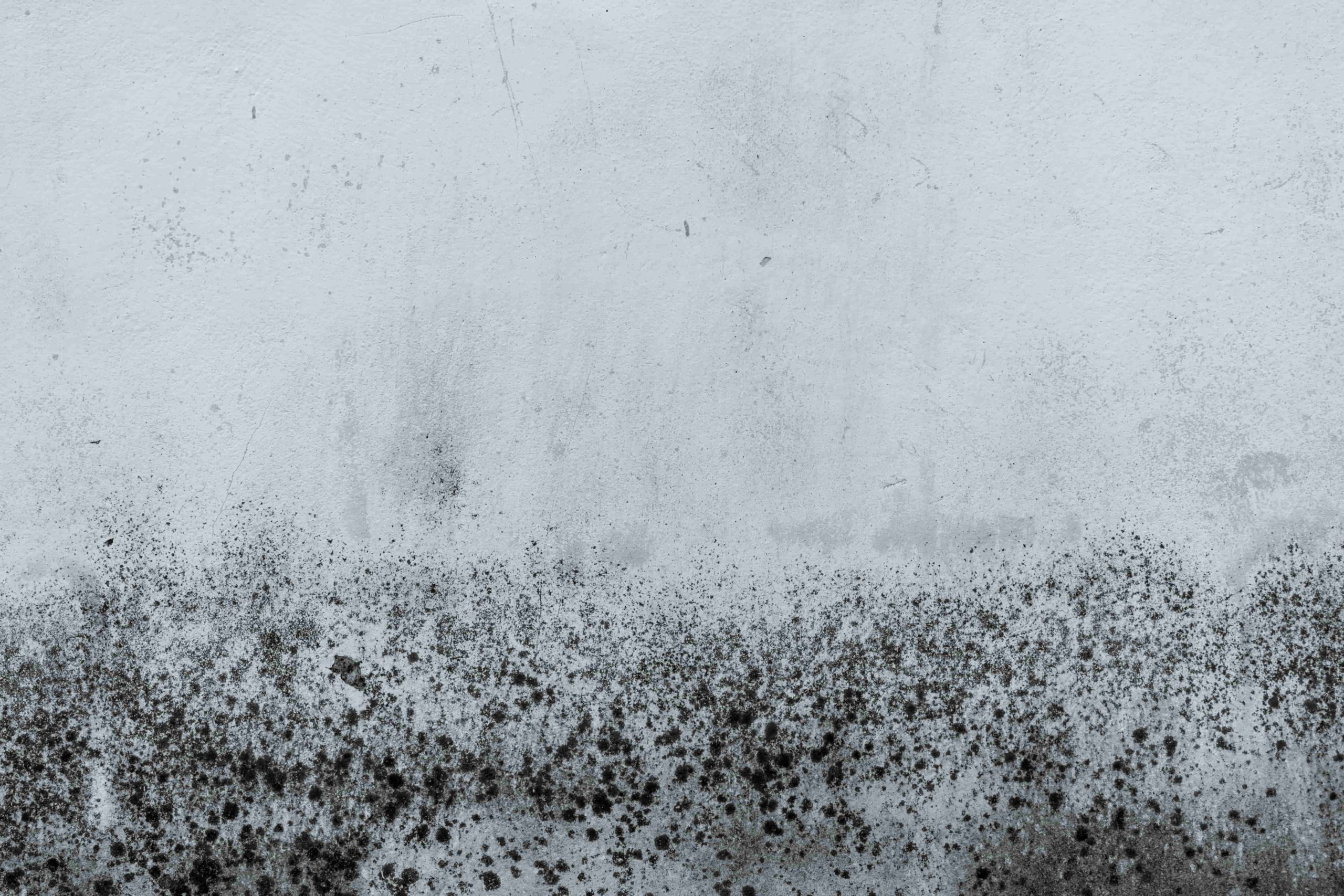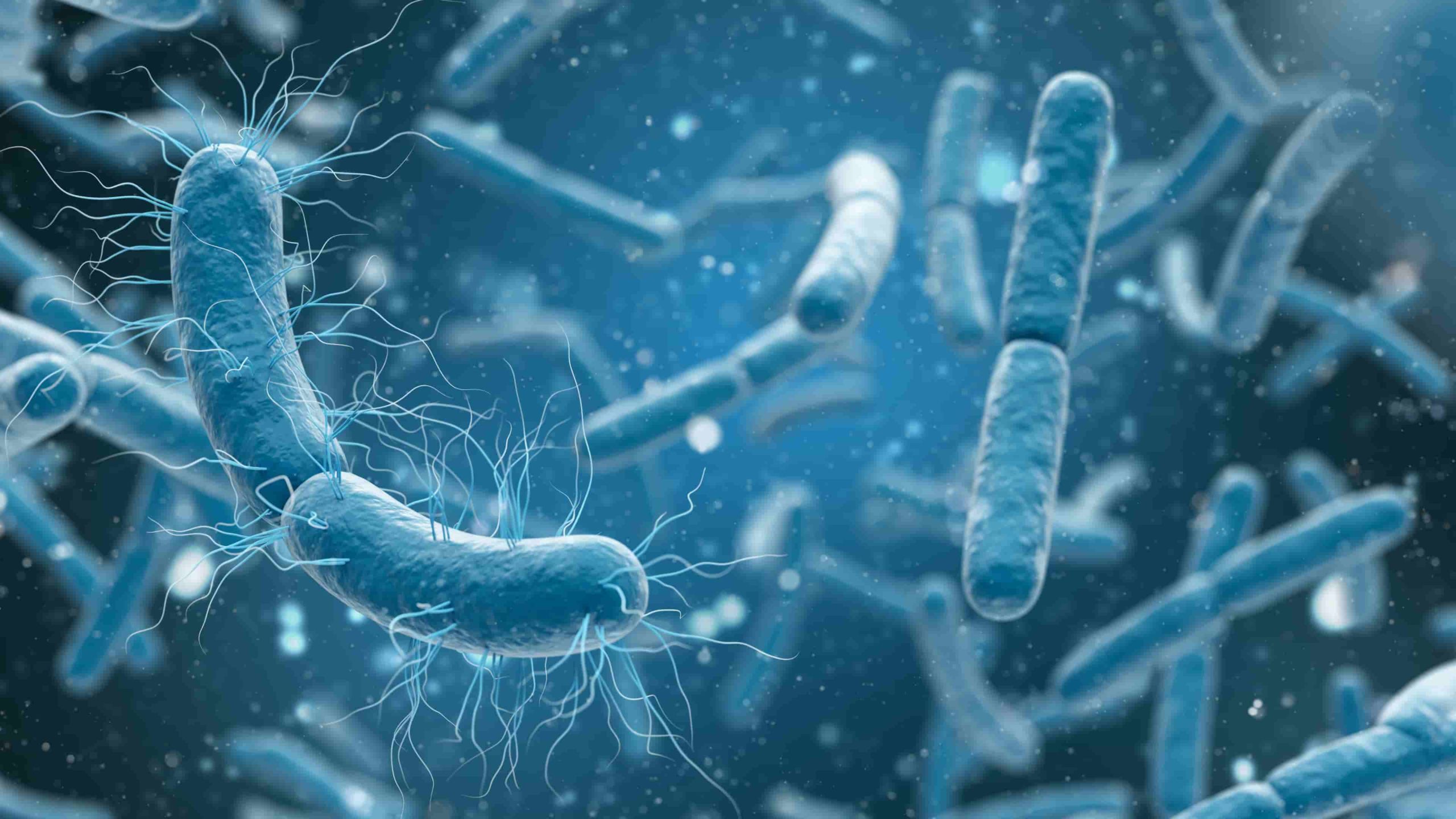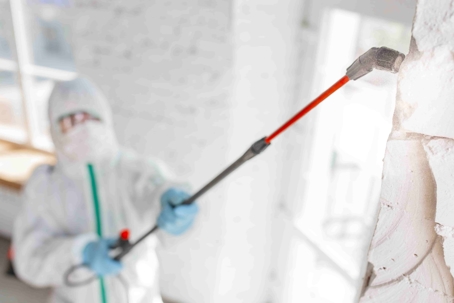According to the CDC, mold commonly grows in homes where there is quite a bit of moisture, meaning your AC unit. If you have mold in your air conditioning unit, it can not only grow fast and spread throughout your home, but it can cause serious health implications. Sometimes even leading to death.
Which is why we're here to discuss how there is mold in your air conditioning unit, how to remove it, and how to prevent it from ever-growing in the first place. No one wants mold to spread throughout their home, destroying it, along with their health. Here is everything you need to know!
Why Does Mold Grow From an Air Conditioning Unit
A commonly asked question is, can an air conditioner cause mold? The answer is yes, it can. Mold generally grows in homes with a lot of moisture. Your air conditioner is the perfect place for mold to grow and spread because it's constantly filled with water.
The water that is meant to cool your home turns into the ideal breeding ground for mold spores. If you don't already have mold growing in your AC unit, without proper HVAC maintenance, it's only a matter of time before it starts developing.
Is Mold in an Air Conditioner Dangerous
While you may think that having mold in your air conditioning unit is no big deal, the truth is that it can be quite dangerous. Mold spores spread easily through the air and are carried to other parts of your home.
But how dangerous is mold in your air conditioner? Having large amounts of mold in your home can lead to serious health issues. Some people even have severe reactions from exposure to it which can include:
- Cold-like symptoms
- Difficulty breathing
- Irritation to the eyes or throat
In some cases, where there are already underlining health issues, it can cause death. According to research and statistically, there are over 7 million deaths each year linked to both indoor and outdoor air pollution and 93% of chronic sinus infections have been attributed to mold
Luckily, however, if you do notice that there’s a bit of mold growing inside your AC unit, all you need to do is remove it with some household items and prevent it from coming back again. Which we'll get to here shortly!

Black Mold in Your AC Unit
Although there are many types of different molds that can grow in your AC unit, oftentimes people seem to be most scared of and aware of black mold growing in an air conditioning unit.
However, the truth is that black mold in an air conditioning unit is no more dangerous than any other mold growing in your home. Mold spores are almost everywhere around us; it is impossible to avoid exposure to them.
So no matter if you have black mold in your ac unit or any other type of mold, it should be treated seriously and in the same way!
Types of Mold that Grow in AC Units
There are three main types of mold that most commonly grow. Their scientific names are Aspergillus, Cladosporium, and Stachybotrys.
Aspergillus: This is a fairly allergenic mold that is often found growing on food. However, it can also be found in air conditioners and preys on those with weak immune systems.
Cladosporium: This type of mold is normally green or black in its appearance. It can cause people to have allergic reactions and worsen their asthma.
Stachybotrys: Stachybotrys is a very dangerous type of mold. It often produces poisonous mycotoxins, which can cause numerous health issues to both humans and animals.
How Can You Tell if You Have Air Conditioning Mold?
There are a few telltale signs that you can look out for indicating air conditioning mold. If you notice any of these signs, it's important to take action immediately to remove the mold and prevent it from returning.
These signs include:
- Seeing the mold visibly growing on or around your AC unit
- If there is a musty smell in your home that seems to be coming from your AC unit
- If you have been experiencing any strange health symptoms such as a cough, congestion, or difficulty breathing
- If anyone in your household has been experiencing severe reactions such as hives, swelling, or difficulty breathing
It's also a good idea to have a professional come out and take a look at it for you if you suspect that mold could be growing in your unit. Since they are an expert in the field, they'll be able to look in all the right places and also know what to look for!

What Types of AC Units are Prone to Mold
There are several different types of AC units that commonly grow mold. These are:
- Window AC units
- Freestanding, portable AC units
- Wall-mounted stand-alone units
- Central air conditioners
If you're operating one of these, it's important to continually check it for mold and perform preventative care.
What to Do if You Have Mold on Your Air Conditioning Unit
If there is mold on your air conditioning unit, you have 3 options. You can replace your unit and install a new one, hire a professional to come out and carefully clean and maintain the unit, or you can self-clean it.
Let's take a look at each one.
1) Replace Your AC Unit from Mold Damage
Although this is not the most ideal scenario for many homeowners, it is an option. If the mold has caused significant damage to your unit, it may be time for a new one.
This only applies in some scenarios though. For example, if you have a central air conditioning system, it would be a much better option to have a professional come out and clean your system and ductwork. However, if you have a small cheap window unit that doesn't perform that well, it's probably time for an AC replacement anyways.
If you do choose to replace your unit, be sure to have a professional install the new one for you. They will know how to properly install it and make sure that there is no risk of mold growth in the future.
2) Hire a Professional HVAC Company
This is probably the best option for most people. While it may cost more money upfront, it will save you money in the long run by preventing the need to replace your entire unit.
A professional HVAC team will have all of the necessary tools and knowledge to properly clean and maintain your unit. They will also be able to identify any problem areas that have the potential to grow mold in the future and take care of them before they become an issue.
3) Self-Clean It Yourself
If you do decide to do a little maintenance work on your own, there are a few things that you should know. First of all, it's very important to read up on proper techniques for cleaning air conditioning units as well as safety precautions when working with chemicals or toxins.
It can be time-consuming as well since you'll need to wipe out every bit of mold in and around your AC unit.
If you own a central AC system with ductwork throughout your home, this will need to be done by a professional.

How to Clean Mold Off Your Air Conditioning Unit
There are a few different ways that you can safely and effectively remove mold from your air conditioning unit. These include:
1) Wiping it off with a damp cloth or use an appropriate cleaning solution
2) Use a specialized HEPA vacuum to remove all of the spores from deep inside your unit
3) Hiring a professional HVAC company to come out and do the work for you
Here is our more in-depth guide on how to clean mold from the different types of HVAC systems.
Remember, prevention is just as important as removal when dealing with mold growth. Even if you clean up your AC unit after mold has already grown there, it may still continue to appear in the future if preventative measures aren't taken.
How to Prevent Mold From Growing in an AC Unit
There are a few different things that you can do to prevent mold growth in your air conditioning unit. These include:
1) Regularly changing or cleaning the filter on your AC unit, especially during warm and humid months
2) Make sure that the coils on your AC unit are clean and free of dust, dirt, and other debris
3) Keeping the area around your AC unit dry and free from excess moisture at all times
4) Checking for leaks or other sources of excess water inside or around your air conditioning unit and taking steps to address them as soon as possible
With these tips, you can help keep your AC unit mold-free for years to come. Regular maintenance from a professional HVAC company is always the best way to ensure that your system is running smoothly and efficiently. The best way to prevent mold from growing in your AC unit is to have a monthly HVAC maintenance tune-up.

Dealing with Mold in an Air Conditioning Unit
Mold in an air conditioning unit is a common problem, but it doesn't have to be a permanent one. There are several ways that you can remove mold from your AC unit, so make sure to take care of it before it becomes a problem for your health.
Remember, prevention is just as important as removal, so be sure to take steps to prevent mold from growing in the first place. Regular maintenance from a professional HVAC company is always the best way to ensure that your system is running smoothly and efficiently.
If you have further questions or concerns about mold in your air conditioning unit, be sure to leave a comment down below or send us a message directly. We're your local HVAC professionals and Thomas Service Company is here to help!

